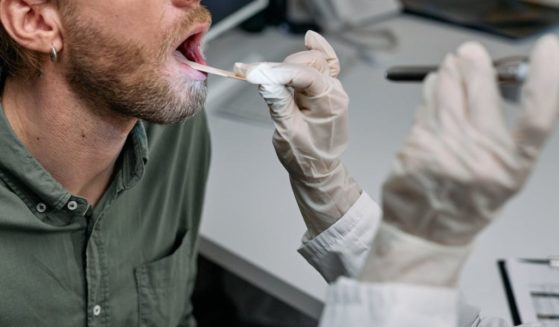Health Scammers Prey on the Elderly, Here's How To Better Protect Yourself
Have you ever opened a magazine and seen an ad for a lotion that will take years off your age?
Or have you ever turned on the TV and caught the paid programming ad for the revolutionary bracelets that cure arthritis?
As one ages, the body begins to change in ways we sometimes do not like. Scammers know this, so they often target older people.
Because of this, it is important to be aware and ask yourself if it sounds too good to be true.
Health scams can waste money, raise false hope and, at their worst, be dangerous to the person who uses the product. Often these scams target chronic diseases that cannot be cured.
Health scams come in many forms.
A few examples include the offering of anti-aging medications or arthritis remedies. Both claims are difficult to disprove because aging is a progression, and changes take time. Some symptoms may come and go. You may believe it was the product that made you feel better.
According to the National Center for Complementary and Integrative Health, Americans spend billions of dollars on natural product supplements. Most supplements do not undergo government testing before being placed on the market.
The best way to age well is to eat healthy foods, exercise regularly and not smoke.
Before using any health-related product, it is best to discuss it with your doctor or health care provider to ensure it is not harmful or interfering with your current medications or treatment.
The Food and Drug Administration recommends watching for warning signs in health-related claims. The following is a list of warning signs:
- Quick fixes: Promises a quick or painless cure.
- Time-tested or new-found treatment: Claims the product is made from a special, secret or ancient formula.
- One product does it all: Claims to cure a disease that has not been cured.
- Satisfaction guaranteed: Promises a no-risk, money-back guarantee.
- Personal testimonials: Uses statements or unproven case histories from satisfied patients.
It is important to understand the potential warning signs of a health scam. Protect your personal information, including your social security and Medicare ID number, and never give those out.
As the FDA suggests, be smart, be aware and be careful to protect yourself best.
Michigan State University Extension provides research-based information and educational classes on health-related issues.
To find a class near you, visit Michigan State University Extension’s Chronic Disease events page.
This article was published by Michigan State University Extension. For more information, visit https://extension.msu.edu. To have a digest of information delivered straight to your email inbox, visit https://extension.msu.edu/newsletters. To contact an expert in your area, visit https://extension.msu.edu/experts, or call 888-MSUE4MI (888-678-3464).
Truth and Accuracy
We are committed to truth and accuracy in all of our journalism. Read our editorial standards.











